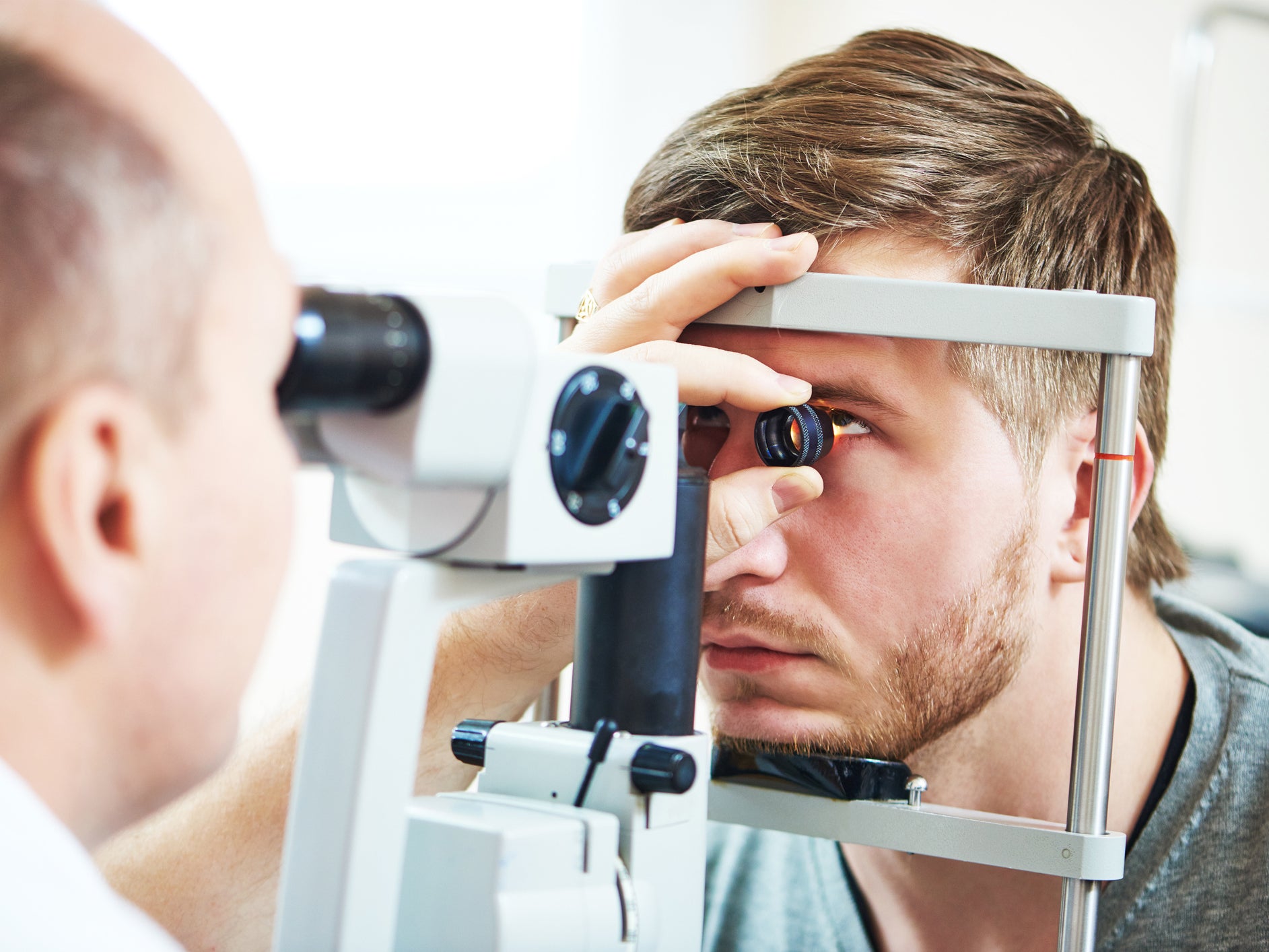Blind patients have vision partially restored after new brain implant
‘It is a real message of hope – I feel within my lifetime we can restore functional sight to the blind’, expert says of successful study

Partial sight has been restored to six blind people through an implant which transmits video images from a camera directly to the brain.
In the groundbreaking study by a US team of specialists, electrodes implanted in the brain’s visual cortex received footage from a video camera mounted on glasses, enabling participants to experience some level of vision where none had previously been possible.
The technology entirely bypasses both the eye and the optic nerve which would normally transmit sensory information to the brain.
University College London lecturer and Optegra Eye Hospital surgeon, Alex Shortt, said it was a significant development by the teams.
“Previously all attempts to create a ‘bionic eye’ focused on implanting into the eye itself. It required you to have a working eye, a working optic nerve,” Mr Shortt told the Daily Mail.
“By bypassing the eye completely you open the potential up to many, many more people.
“This is a complete paradigm shift for treating people with complete blindness. It is a real message of hope.”
The technology has not been proven to provide any level of sight for those born blind.
The US team, made up of specialists from Baylor Medical College in Texas and the University of California Los Angeles, asked participants, each of whom has been completely blind for years, to look at a blacked-out computer screen and identify a white square appearing randomly at different locations on the monitor.
The majority of the time, they were able to find the square.
Paul Phillip, who has been blind for almost a decade, said when he wears the glasses to go on his evening walks with his wife, he can tell where the pavement and grass meet. He also can tell where his white sofa is located.
“It really is amazing to be able to see something even if it is just points of light for now,” Mr Phillip said.
Study leader and neurosurgeon Daniel Yoshor said his team was “still a long way from what we hope to achieve”.
“This is an exciting time in neuroscience and neurotechnology, and I feel that within my lifetime we can restore functional sight to the blind,” Dr Yoshor said.
Additional reporting by PA
Join our commenting forum
Join thought-provoking conversations, follow other Independent readers and see their replies
Comments
Bookmark popover
Removed from bookmarks